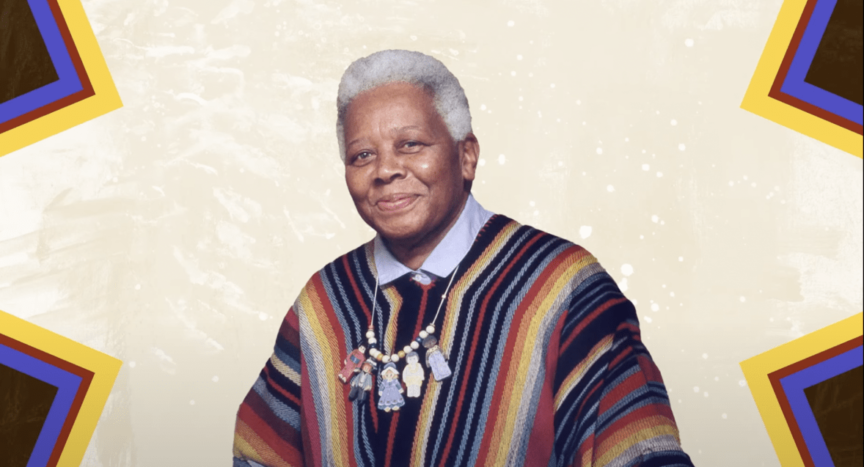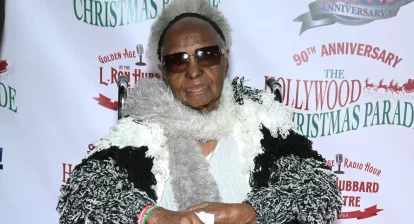Ella Jenkins, the woman who popularized childhood classics like “I’ve Been Working on the Railroad,” died on November 9.
After decades of revolutionizing children’s music, Ella Jenkins has died at the age of 100. On November 9, the award-winning artist reportedly died in her home. Her death was confirmed by John Smith, associate director of her record label, Smithsonian Folkways Recordings.
Born in St. Louis on August 6, 1924, and raised on the South Side of Chicago, Jenkins was introduced to music at a young age.
“I’ve always liked music. Even when I was a child in our neighborhood, we sang and made up rhymes. It was very important to be able to carry a tune and to learn songs,” Jenkins shared in a 2012 interview with Smithsonian magazine. “In the neighborhood I grew up in [in Chicago] there was the Regal Theater, which had live entertainment. There were singers and tap dancers — tap dancing really intrigued me.”
Inspired by everything from church gospel to the sounds of blues, the musical trailblazer admits that her signature call-and-response approach to children’s music was largely influenced by artists like Cab Calloway.
“I started doing not only with his songs — I thought I would make up few songs myself,” she told NPR explaining Calloway’s influence. “Children can learn very easily by imitating, following the leader and then pretty soon be able to teach it themselves.”
Upon graduating from San Francisco State University, Jenkins returned to her hometown working in community centers, using music as a teaching tool for children. In 1950, she served as the YWCA’s program director. By 1957, she released her debut album, “Call-And-Response: Rhythmic Group Singing,” which showcased call-and-response chants from the U.S. and Africa for young children.
Throughout her career, Jenkins released 39 albums and performed across all seven continents where she shared and learned about international musical cultures. Using her travel to inform her music, she was known for introducing children to diverse languages and rhythms in her songs, creating a celebration of culture.
“I never treat music as an entity in itself,” she told The Washington Post in 1996. “It just paves the way to understanding other things — biography, geography, cultures, self-esteem.”
One of her most popular songs “You’ll Sing a Song and I’ll Sing a Song,” is preserved in the Library of Congress’s National Recording Registry. In 2004, the songstress received a Grammy Lifetime Achievement Award. Beyond all the awards, Jenkins was ultimately a pioneer as a musician and educator.
“Jenkins used music as a tool of social activism. Through songs and rhythms that extolled values of antiracism, cultural pluralism, and environmentalism, she drew people together, challenging them to listen deeply to one another,” Smithsonian Folkways wrote in a statement.
!function(){var g=window;g.googletag=g.googletag||{},g.googletag.cmd=g.googletag.cmd||[],g.googletag.cmd.push(function(){g.googletag.pubads().setTargeting(“has-featured-video”,”true”)})}();
More must-reads:



